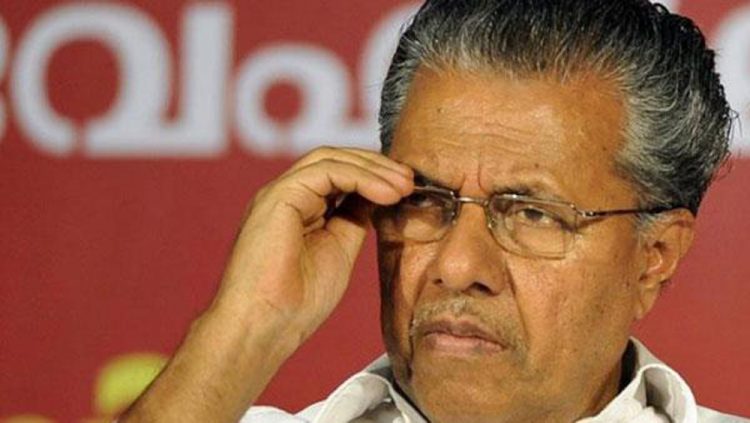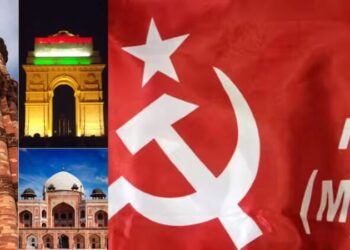Thiruvananthapuram: Canada, a capitalist country, seems to have a lingering relation with the communist leader Pinarayi Vijayan. Though, Pinaryai might rubbish it as just another opposition barb, recent revelations in the media are suggesting that there might be more than what meets the eye.
Serious corruption allegations have been raised against Chief Minister, Pinarayi Vijayan, by the opposition concerning the issue of Masala Bonds, issued by the government entity Kerala Infrastructure Investment Fund Board (KIIFB).
Masala Bonds are nothing but debt securities issued outside India but denominated in rupees. It can be issued by government, private or semi government entities. It is used mainly to attract foreign funding. The first Masala Bond was issued in November 2014.
The Canadian connection:
What makes the KIIFB issued Masala Bonds suspicious is the fact that the lion share of the bonds were bought by CDPQ, a Canadian based pension fund company. This CDPQ has investments in another Canadian company, SNC-Lavalin.
SNC-Lavalin is notorious in Kerala for being part of an earlier corruption charge in the State which involved none other than Pinarayi Vijayan. The company is black listed in Kerala for corruption and irregularities in awarding contract for renovation of 3 hydro-electric projects.
The then Electricity Minister, Pinarayi Vijayan, was accused of corruption to the tune of Rs. 375 crore, the biggest scam in Kerala till then.
Opposition have raised doubts on the Rs. 2150 crore Masala Bond issue by KIIFB and the way it was purchased by the Canadian company CDPQ, which have huge investments in SNC-Lavalin.
In addition, one of the other reasons that makes the whole affair dubious is the interest rate of the Masala Bonds.
The interest rate dilemma:
The KIIFB issued Masala Bond is for a tenure of 5 years and the interest rate is fixed at 9.723%.
This rate of interest is pretty high when compared to other loans that are available.
Questions are asked to why the government resorted to such exorbitant interest rates. Was the government trying to favour the Canadian company?
If the Kerala government raised Masala Bonds for the infrastructure development of the State, then there were other options available for far less interest rates.
For example, in 2017, India had acquired a loan of $19 billion from Japan for an interest rate of just 0.1% to build its first bullet train from Ahmedabad in Gujarat to Mumbai.
Japanese interest rates on loans are ridiculously low and have longer period of repayment. The interest rates in that country are touching zero which could have been a great option for the State to pursue.
Also, Asian Development Bank’s (ADB) loans are also cheaper when compared to the Masala Bonds. It would be around 3% which is far lower than the 9.732% that the government is going to pay CDPQ.
Undisclosed dealings:
Though, the communist government have not denied the involvement of CDPQ, they have not yet disclosed any further details about the deal. The total amount of Masala Bonds purchased by CDPQ is still a mystery. Also, it must be seen how the interest rate of 9.732% was decided by the government and the company.
The press release of KIIFB CEO K. M. Abraham have not disclosed any details of the sale of Masala Bonds worth Rs. 2150 crore. It has also not specifically named the institutions that took part in the transaction.
The Masala Bonds scam is picking up heat in the State. With many questions raised about it and no satisfactory answer by Pinarayi Vijayan’s government, the months ahead could unravel one of the biggest scam in the history of the State.












